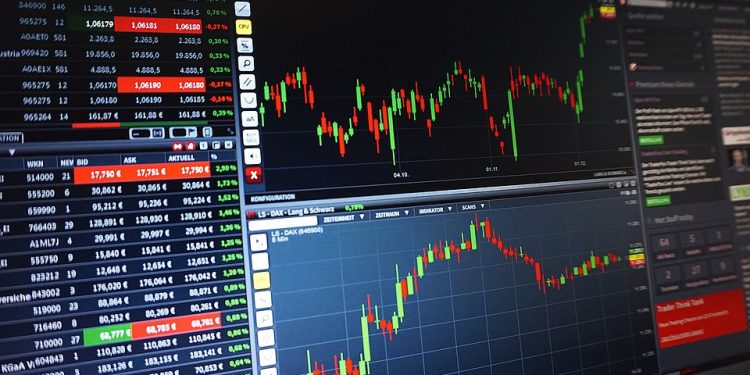New Delhi: The Indian rupee is likely to continue its weak trend against the dollar due to a probable rise in volatility in the international financial markets.
According to the Reserve Bank of India’s (RBI) Monetary Policy Report for October 2019, rising protectionism, slowdown in global trade may increase volatility in the financial markets.
“The INR depreciated vis-a-vis the US dollar in August 2019, reflecting global developments. Looking ahead, rising trade protectionism, slowing global trade and global output could increase volatility in the international financial markets and exert further downward pressure on the currency,” said the report.
It noted that if the rupee depreciated by 5 per cent from the baseline, inflation could edge up by around 20 basis points (bps) and boost net exports and GDP growth by around 15 bps.
The report further said that a slew of measures taken by the government to boost output and investment, policy reforms in the FDI (foreign direct investment) regime, and greater than expected monetary policy accommodation by the central banks in major advanced economies (AE) may attract increased capital inflows and lead to an appreciation of the rupee.
An appreciation of the rupee by 5 per cent could moderate inflation by around 20 bps and GDP growth by around 15 bps from the baseline, it said.
The Indian rupee has largely been subdued and depreciated in the past few months. Currently, it is trading over 71 per dollar.
Outflow of foreign funds has also hampered the movement of rupee. Foreign Institutional Investors (FII) sold Rs 3,286.42 crore in October so far.
According to the report headline inflation is projected to remain below the medium-term target of 4 per cent over the rest of 2019-20 and the early months of 2020-21.
“Volatility in international and domestic financial markets, as well as global crude oil prices, and domestic prices of perishable food items pose upside risks to the baseline inflation path. On the other hand, the softer outlook on global commodity prices and large buffer stocks could keep headline inflation below the baseline,” it said.
(IANS)







































